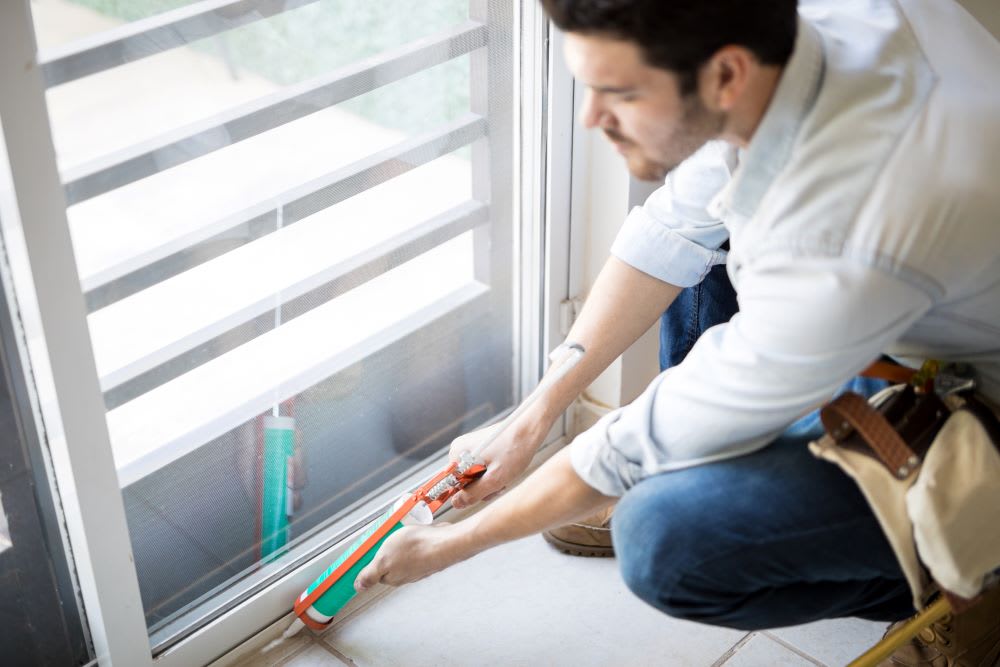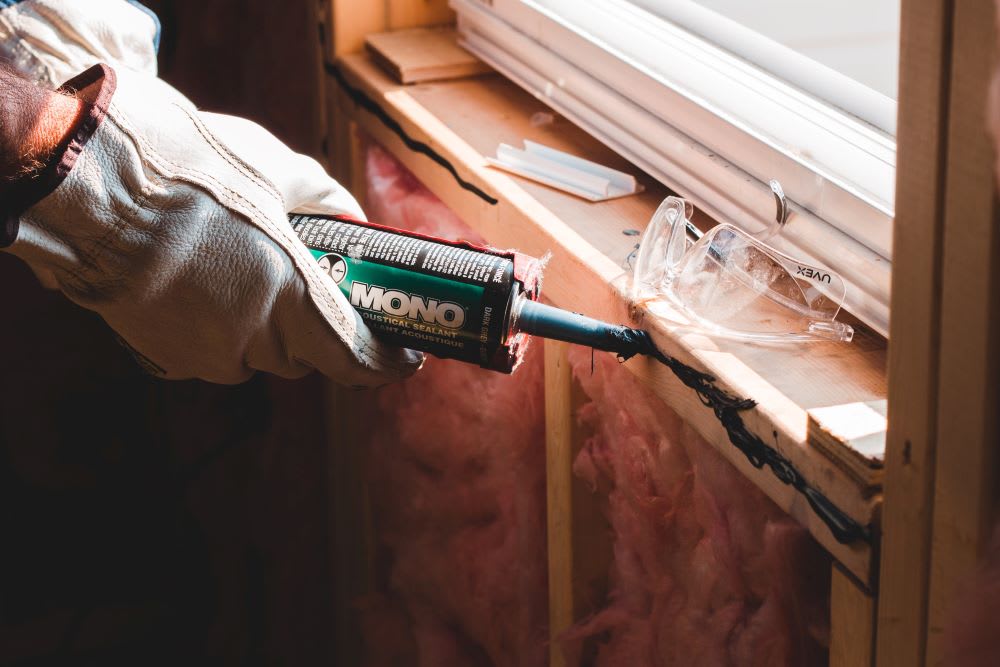- Published 6 Feb 2024
- Last Modified 6 Feb 2024
- 5 min
How to Choose the Right Sealant for Your Project
Explore the best sealants for your project, including silicone and waterproof sealant options. Shop epoxies, sealants, tapes & adhesives at RS Singapore.

Singapore’s bustling industries, from construction to electronics, heavily rely on adhesives and sealants for their various projects. Whether it's for waterproofing consumer goods in the high humidity or ensuring durability in urban infrastructures, the right choice of sealant is crucial to achieve a high-quality product that can withstand the test of time.
This guide will delve into the world of sealants, providing insights and best practices tailored to the Singapore context to assist you in choosing the right sealant for any project.

Understanding Sealant Types
Different types of sealants cater to specific needs, and it’s imperative to buy the right one to fit the environmental and practical needs of your project. Common sealant types include:
- Silicone sealant: Widely favoured for its flexibility and resistance to weathering, silicone sealant is ideal for both indoor and outdoor applications including construction and automotive repairs. Their mould-resistance properties also make them ideal for use in bathrooms and kitchens, such as in BTO and landed property home repairs and renovations.
- Polyurethane sealant: Polyurethane sealant’s strong adhesive properties, resistance to wear, and paintability, make it ideal for indoor and outdoor applications with more wear and tear, including woodworking and flooring.
- Acrylic sealants: Paintable, versatile, and with high ease of use and cleanup, acrylic sealants are popular across a wide range of applications including interior finishings, home decor, and painting.
Material Compatibility
Material compatibility is critical in Singapore's diverse construction landscape. For instance, a waterproof sealant used on coastal buildings needs to adhere well to a range of materials, including glass, metal, and concrete. Using the wrong sealant can lead to poor adhesion, leaks, and long-term damage (including mould or water damage), especially in a humid climate like Singapore’s.
The effectiveness of a sealant is also highly dependent on how well it bonds with the materials being sealed. Silicone sealants are typically great for glass and metal, providing a waterproof barrier ideal for Singapore’s frequent rains. Whereas for wood or concrete, a polyurethane sealant might be more appropriate as it offers better adhesion and flexibility for these porous surfaces. Ensuring compatibility not only extends the life of the seal but also prevents future maintenance issues.
Durability and Environmental Factors
Undertaking a construction, industrial, or even personal project in Singapore also requires a consideration of the country’s unique environmental factors. High humidity, frequent rainfall, and strong UV exposure demand a sealant that can withstand these conditions (along with regular wear and tear) without degrading.
For outdoor usage, a silicone sealant is often recommended due to its excellent UV resistance and flexibility, allowing it to expand and contract without cracking even during Singapore’s hottest months. For indoor use, where UV exposure is less of a concern, an acrylic sealant might suffice.
It’s also important to consider the colour and finish of the sealant, especially for visible areas. For instance, using a clear silicone sealant on glass surfaces offers a neat and seamless finish, while a white sealant might be more suitable for baseboards and trim.
Sealing Techniques and Best Practices

In order to maximise the efficacy of your sealant, proper sealing techniques should be implemented. Key steps of proper and secure sealing include:
- Ensure the area is clean and free from dust, grease, or moisture. For instance, when using a water gate valve, ensure the surrounding area is dry and clean before application. This prevents future leaks and ensures a longer-lasting seal.
- Cut the tip of the sealant tube at a 45-degree angle, to allow for a smoother application.
- Apply the sealant evenly and use a tool or your finger (covered in soapy water to prevent sticking) to smooth it out.
- Allow adequate curing time as per the manufacturer’s instructions, and consider any environmental factors. For example, silicone sealant may take longer to cure in Singapore’s humidity.
- Exposure to sealant fumes or physical contact with the substance may cause irritation of the eyes, nose, throat, or skin. To avoid these issues, be sure to use proper PPE such as gloves or eye goggles when necessary.
Enhance the performance of your sealants further by purchasing them from RS Singapore’s extensive catalogue. Our wide array of adhesives, sealants, and tapes including 3M insulation tape, white electrical tape, silicone sealants, and cyanoacrylate glue, meet a variety of industrial and commercial standards to ensure you find the perfect solution for your project needs.
Popular Sealant Brands
Acc Silicones
Acc Silicones stands out in the Singapore market for its specialised silicone sealants, known for their strength and versatility in various industrial applications.